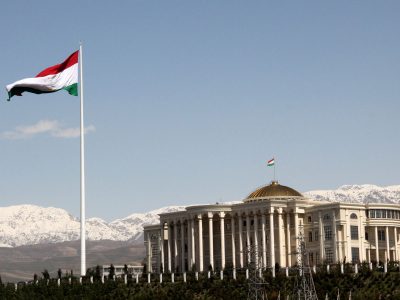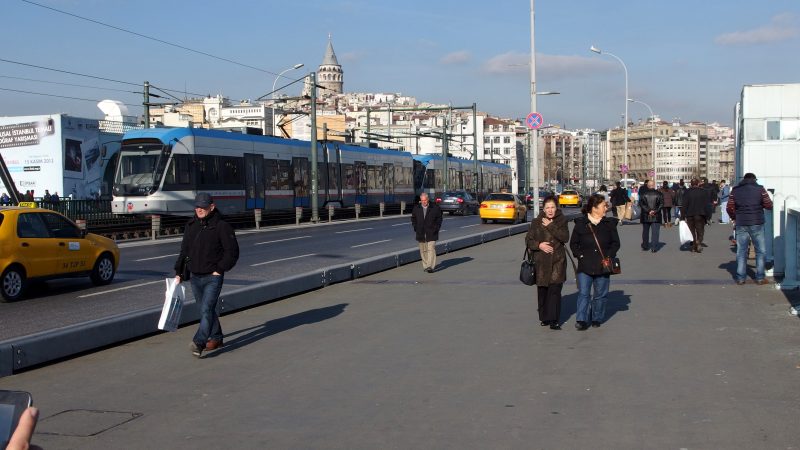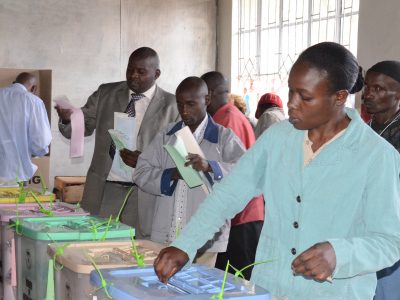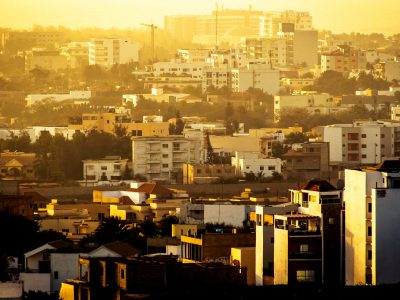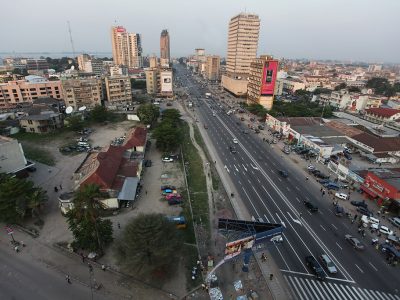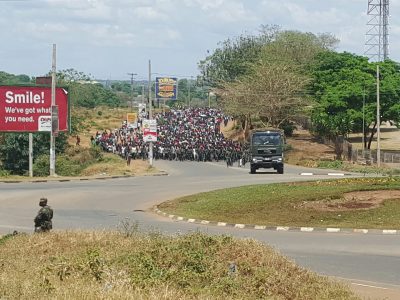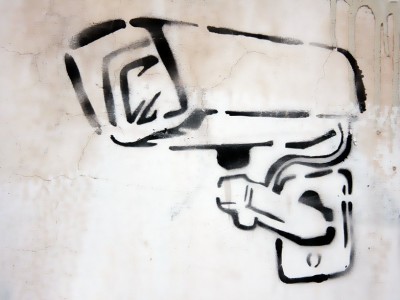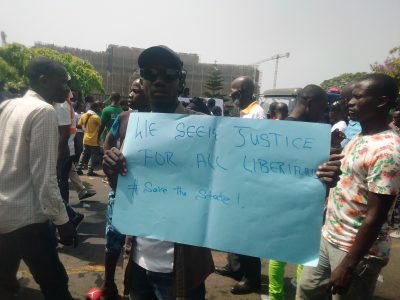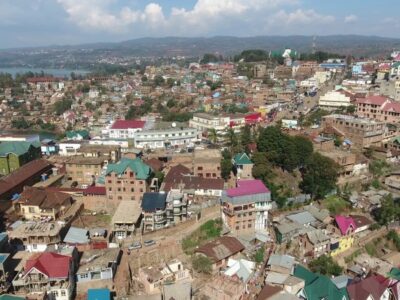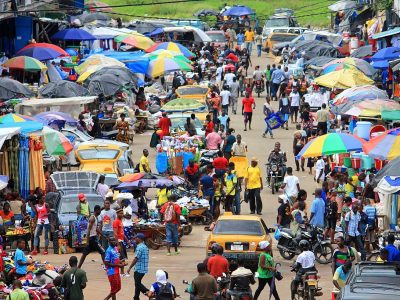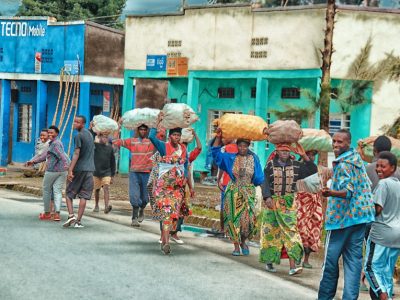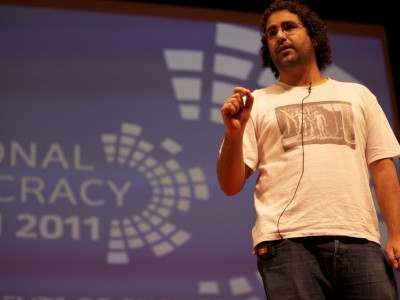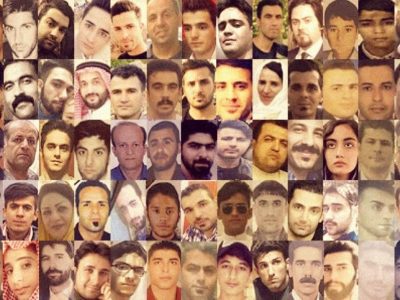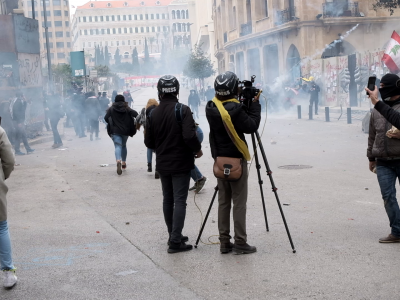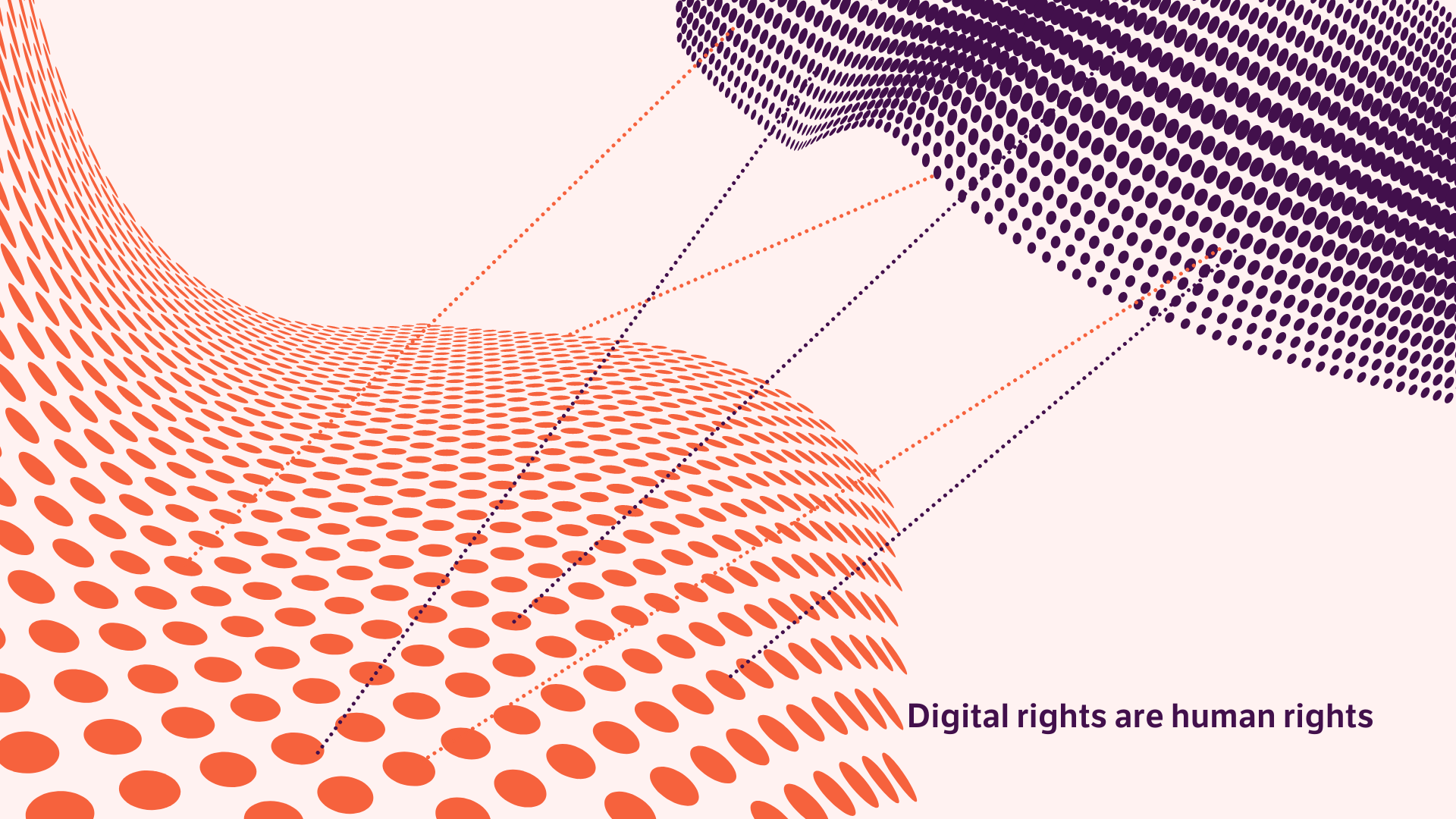 Advox is delighted to partner with the Small Media Foundation to bring you the UPROAR initiative, a collection of essays highlighting challenges in digital rights in countries undergoing the UN's Universal Periodic Review process, which is conducted by the Office of the High Commissioner of Human Rights. For the Universal Periodic Review the human rights records of UN Member states are reviewed on a four-year cycle. This process is a chance for each state to inform the UN and other observers of human rights in their countries about the actions they have taken to protect the rights of their residents.
Advox is delighted to partner with the Small Media Foundation to bring you the UPROAR initiative, a collection of essays highlighting challenges in digital rights in countries undergoing the UN's Universal Periodic Review process, which is conducted by the Office of the High Commissioner of Human Rights. For the Universal Periodic Review the human rights records of UN Member states are reviewed on a four-year cycle. This process is a chance for each state to inform the UN and other observers of human rights in their countries about the actions they have taken to protect the rights of their residents.
At Advox, we affirm that digital rights are human rights. We support the expansion of the human rights review to include the protection of digital rights. The countries from which these essays have come are undergoing their UPR review in a specific cycle; this platform is an opportunity to illuminate the progress and the challenges that they face with the implementation of digital rights. Internet controls, censorship, intimidation of journalists and discrimination of minority groups online are some of the issues that our pieces highlight. Our stories show that while there is much to celebrate, there is still a long way in the protection for digital rights of all people. Our stories also show the creative ways that advocates are harnessing digital technologies to demand respect for their human rights. We are grateful to all the contributors who share these stories with us and we hope that they invite a renewed commitment to protecting the digital rights of people all over the world.
Read the stories
Stories about UPROAR
In Tajikistan, online critics land behind bars as alleged ‘extremists’
In Tajikistan, several outspoken bloggers and activists have been sent behind bars and online freedom of expression is seriously curtailed.
Sudan's revised cybercrime law falls short on its promise
Political activist Owar Alsadig’s lawsuit sparked controversy over the nature of Sudan’s current information and cybercrime laws, and the potential to abuse these laws to limit freedom of expression.
Turkey reins in social media—one platform at a time
The new social media law sets up a series of restrictions that will have a lasting impact on digital rights and freedom of expression in Turkey.
Kenya must implement data protection law before 2022 presidential election
Kenya must act quickly to enforce its new data protection law. If not prepared, the ghosts of Kenya’s political past may once again come back to haunt its citizens.
The fight against fake news: A restrictive policy for online freedom of expression in Senegal
In Senegal, the government’s attempts to control fake news raises questions about how to fight against it without infringing on rights and freedoms — particularly online freedom of expression.
Lebanon protests: Authorities prey on digital spaces to silence criticism
While social media and WhatsApp have been extensively leveraged by demonstrators to organize, document, and sprawl the protest, Lebanese authorities have resorted to identifying and persecuting dissidents.
In DR Congo, will new legislation protect citizens’ digital rights?
In Democratic Republic of Congo, a citizen movement is underway to reclaim digital rights that have been violated for years under a vague and outdated legislation.
Why Malawi urgently needs a data protection law
In January 2018, the Malawi Communications Regulatory Authority (MACRA) announced a mandatory national sim card registration exercise tied to the national ID process.
Surveillance in Lebanon: A crisis of privacy
Intrusions on citizens’ privacy in Lebanon are pervasive and often conducted without proper judicial oversight.
Why women’s rights and digital rights go hand-in-hand on Namibian Twitter
In Nambia, a Twitter campaign to legalize abortion drew waves of attacks against feminist activists, but as a result, parliament has agreed to discuss Nambia's outdated abortion laws.
The chilling tale of mass surveillance and spying in Rwanda
Rwanda justifies its tight control over media freedom, suppression of dissent, and hostility toward opposition as matters of national unity and security.
Digital rights remain under threat in Malawi despite historic win for democracy
Will the change in the country's leadership bring about meaningful changes to ensure that Malawians enjoy human rights in the digital space?
The day Liberia shut down freedom of expression amid a mass protest
Last year, the Liberian government disrupted social media access to prevent live protest coverage and the mobilization of protesters, shutting down freedom of expression and the right to access information.
Congolese journalist forced into exile for documentary on violent evictions
Congolese filmmaker Gaël Mpoyo and his family have been forced to live in exile, given the sensitive subject of his film and a climate of insecurity in South Kivu province.
In Liberia, a new mobile phone tariff collides with digital rights
The cost-prohibitive surcharge will make it harder for everyday Liberians to get online, limiting digital access at the height of a pandemic when citizens need reliable information more than ever.
How does Rwanda’s genocide ideology law regulate speech online?
Rwanda’s genocide ideology law seriously limits freedom of speech online and creates a culture of fear and self-censorship among opposition and dissenting voices.
Is Namibia walking a fine line between Chinese and European spy technology?
Namibia denies accusations that it is building an internet war chest to effortlessly check up on its domestic critics.
Despite COVID-19, no respite for human rights crackdowns in Egypt
Prominent blogger and activist Alaa Abd El Fattah has gone on a hunger strike to protest his unlawful detention, his family said.
Two Iranian rights activists revisit the November 2019 internet shutdown
“Hundreds of protestors were killed in a matter of three days and most of the world was not aware of what happened.’’
In Lebanon, journalists and activists who cover protests face threats
Media professionals have raised their voices against the use of excessive force against them while they are trying to cover the mass protests.

